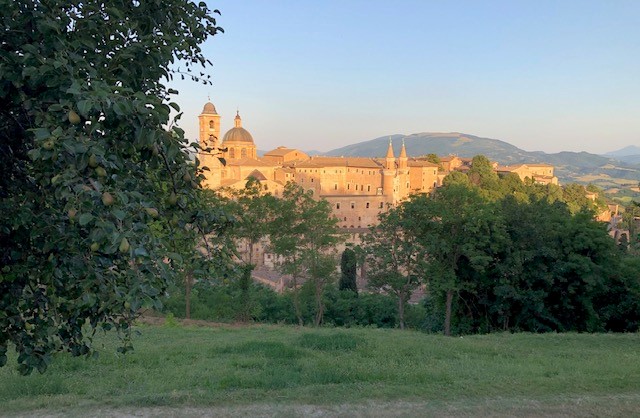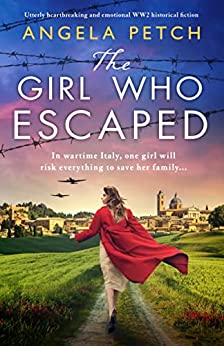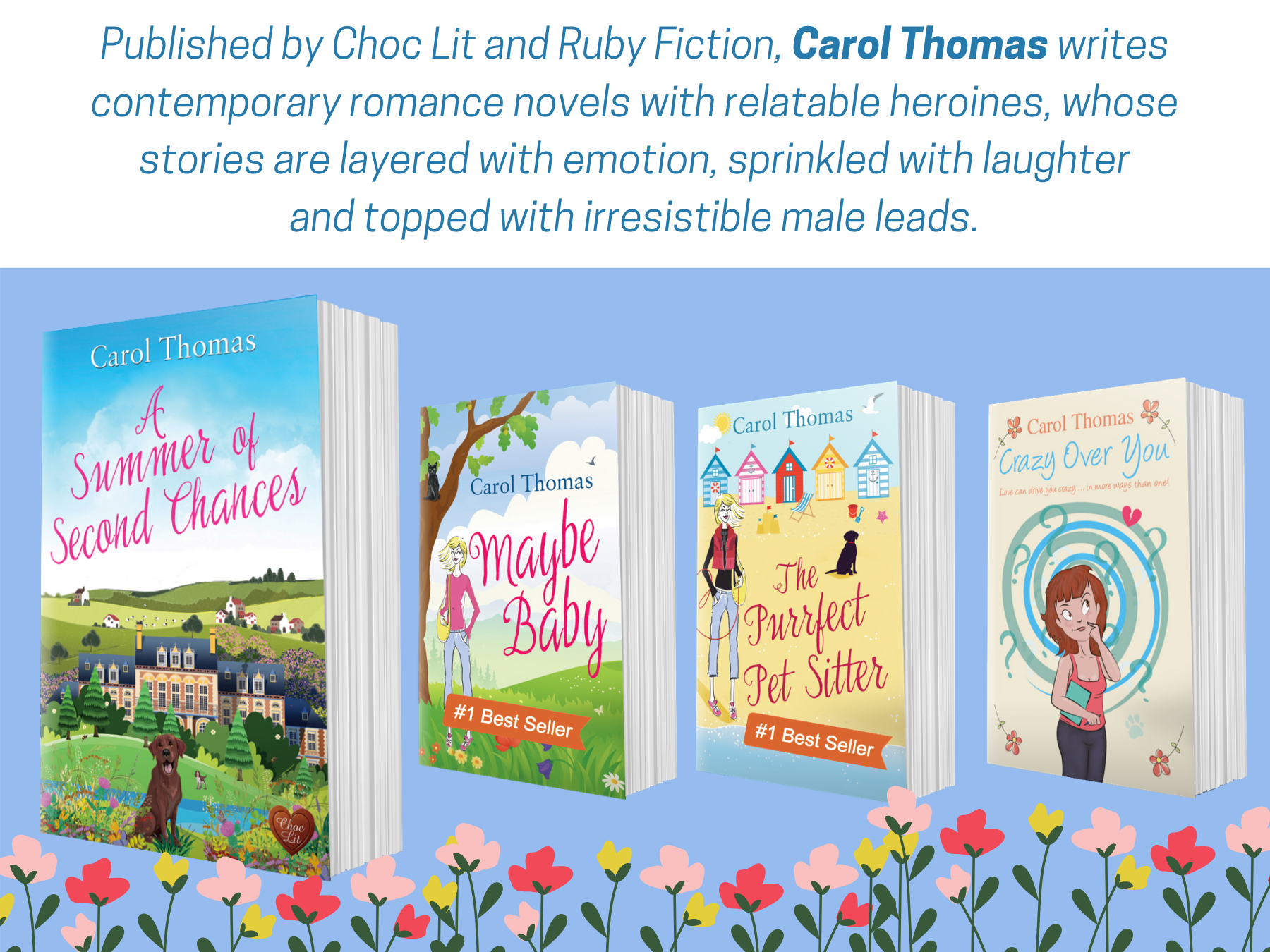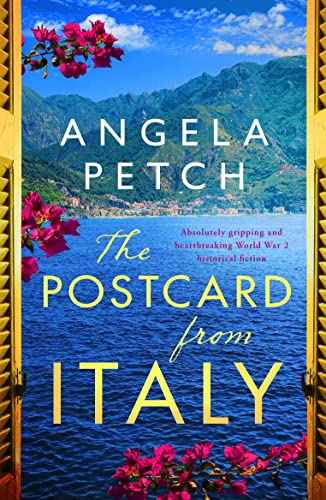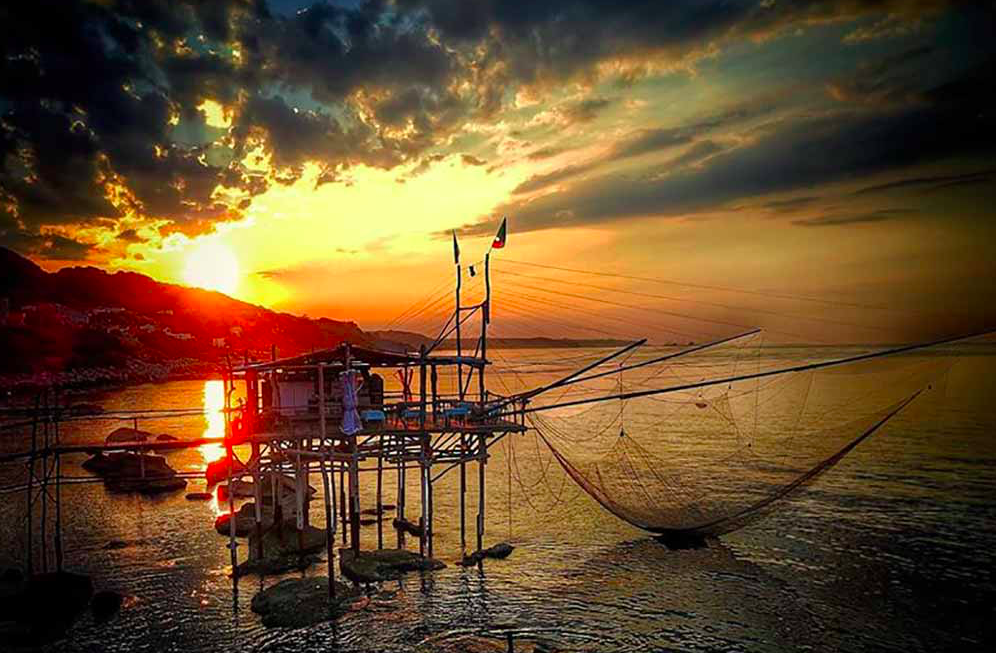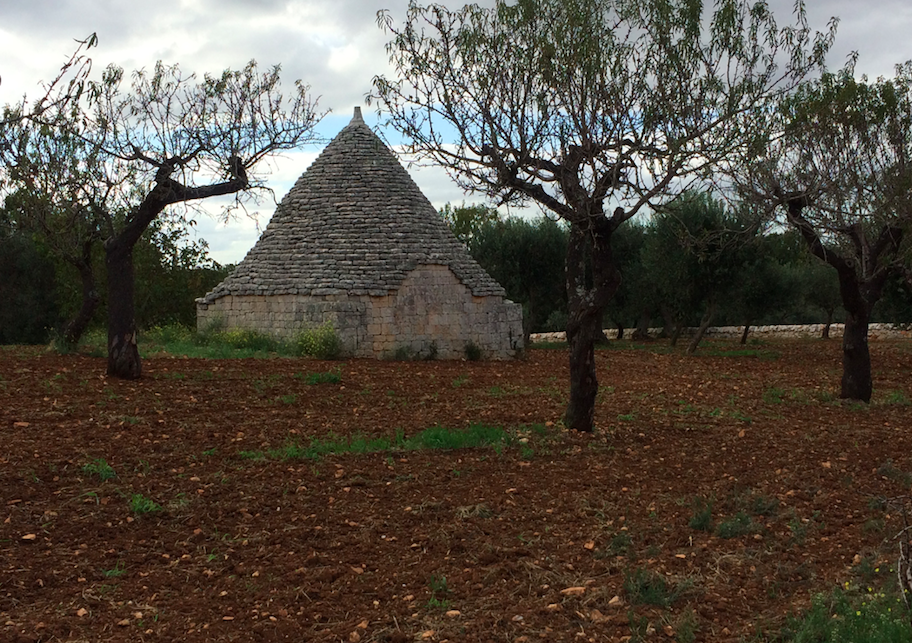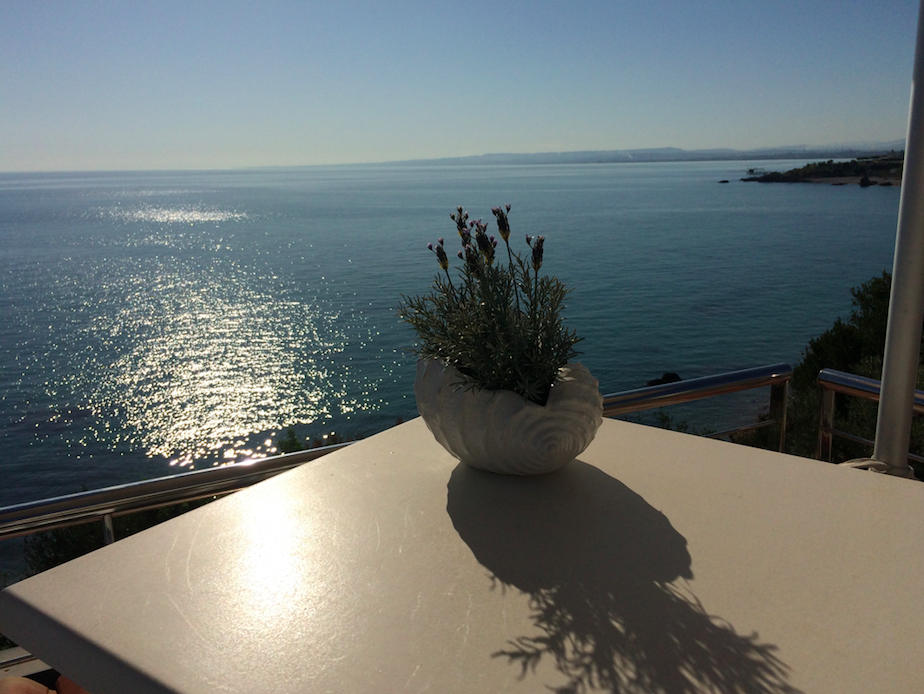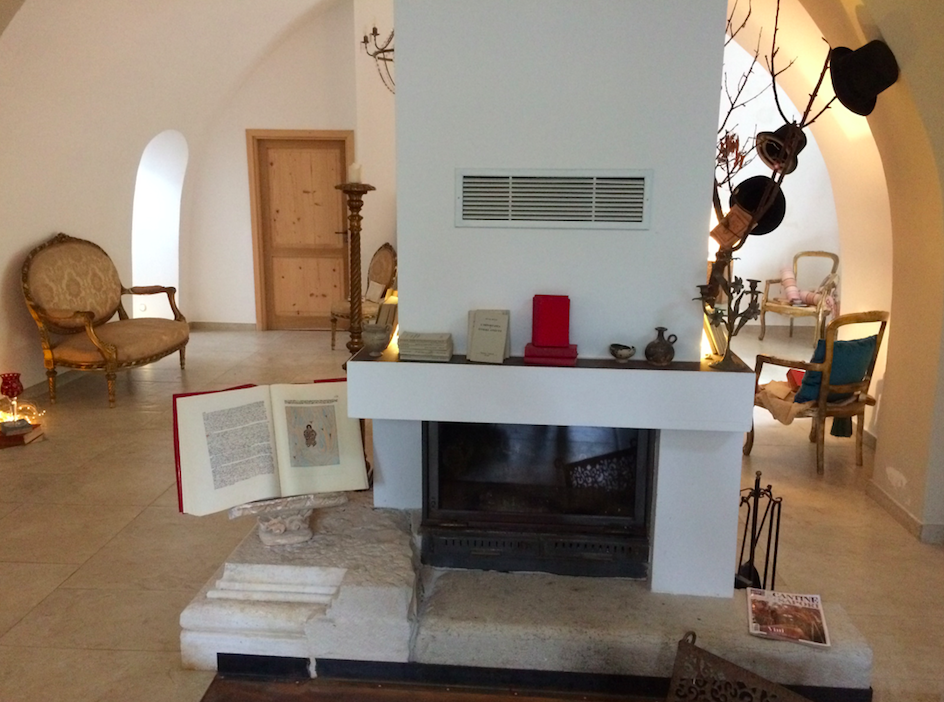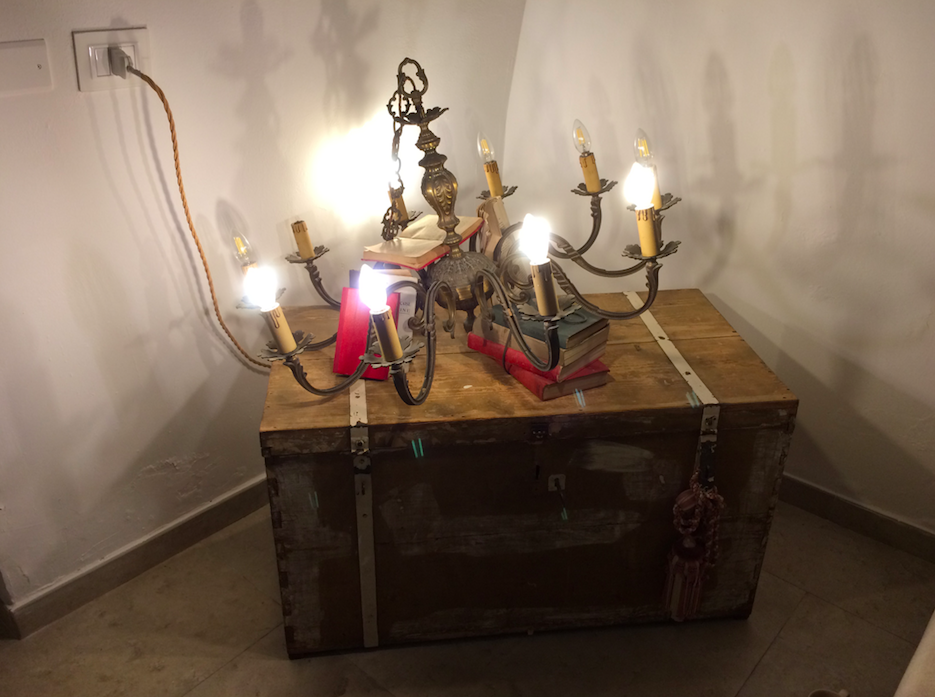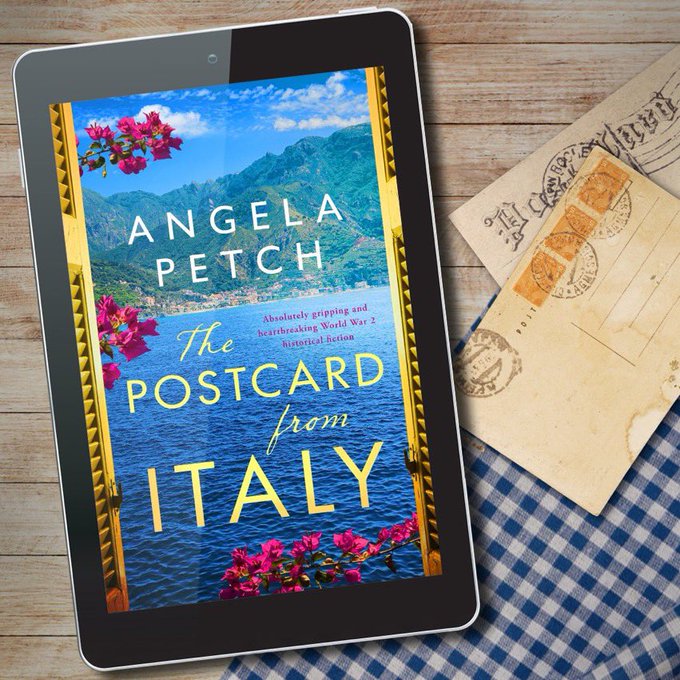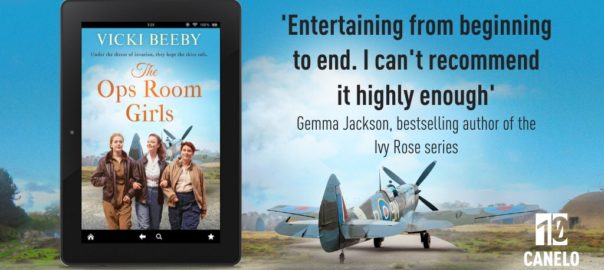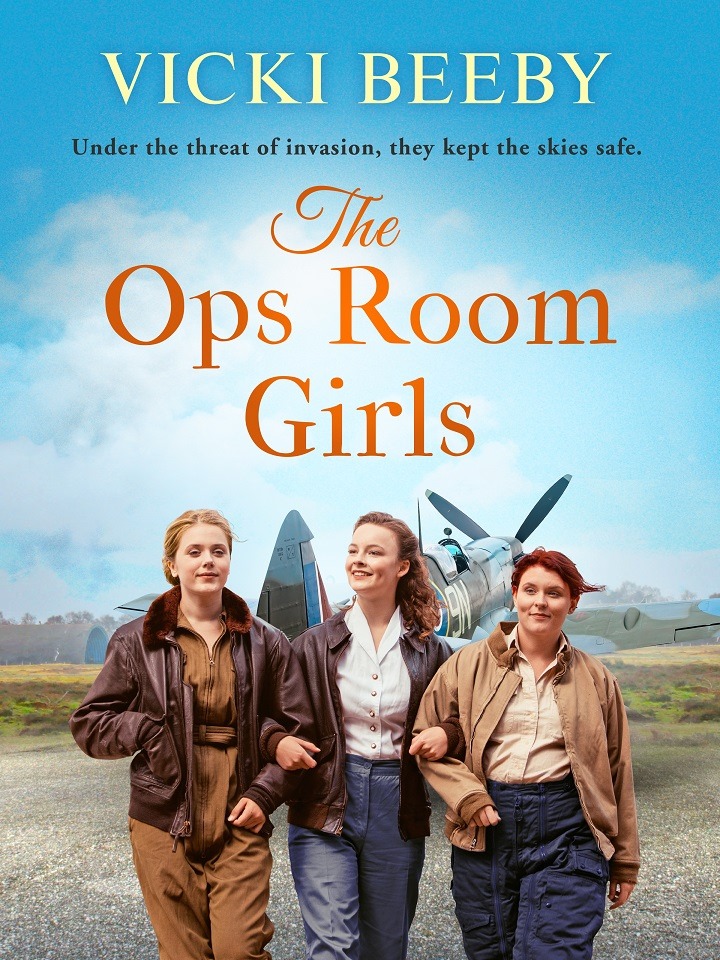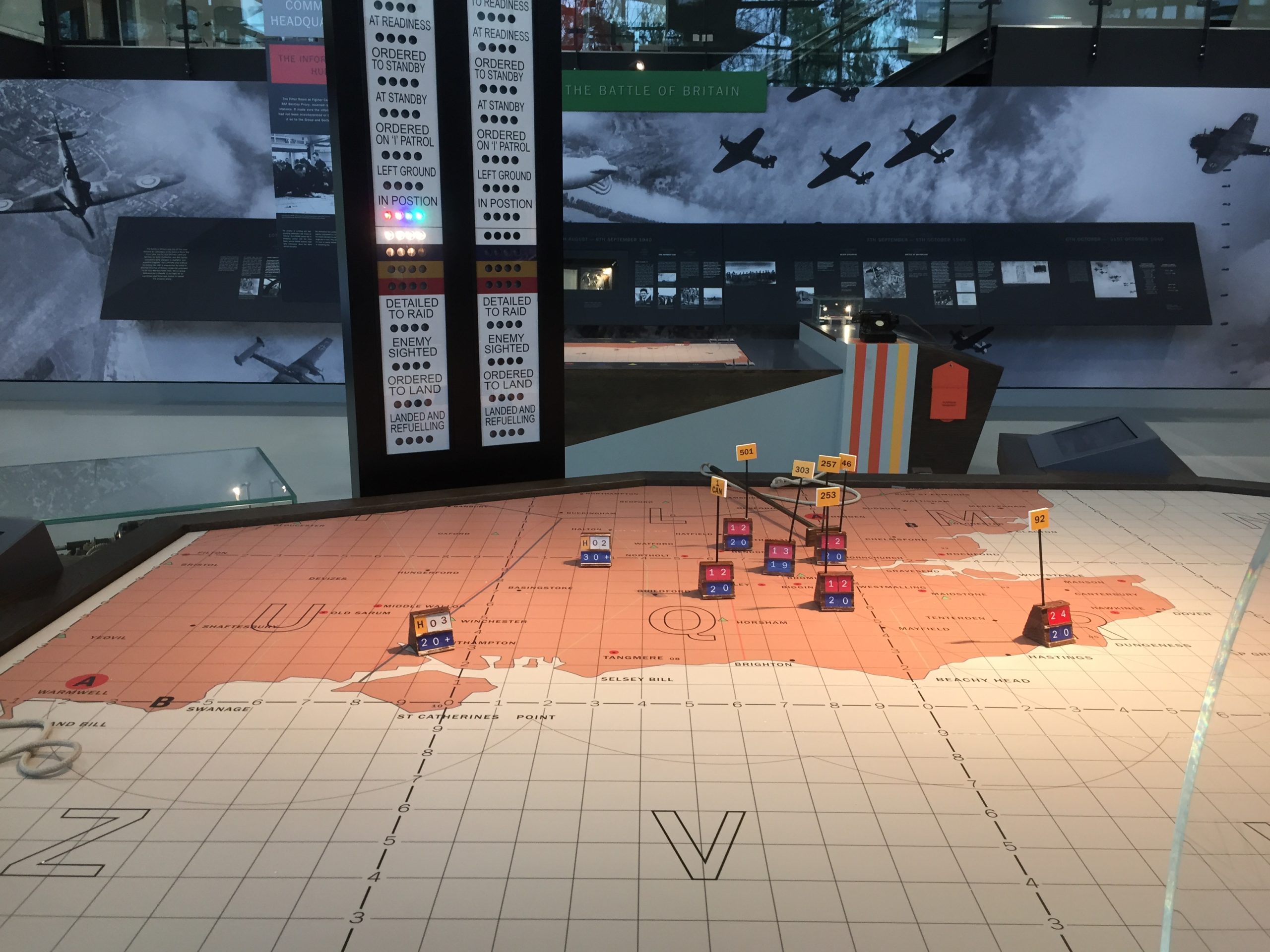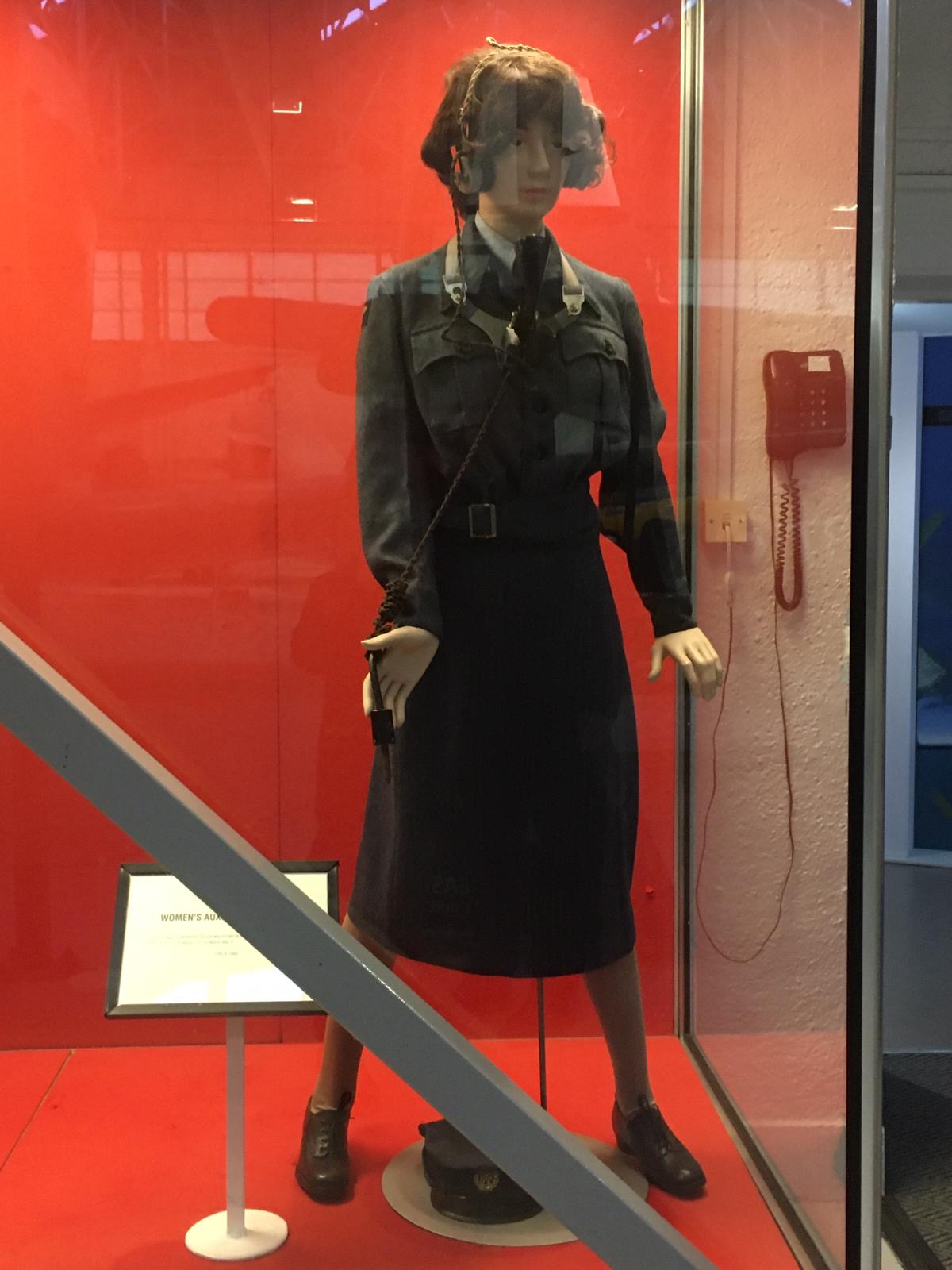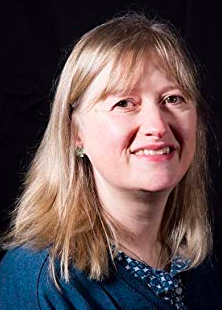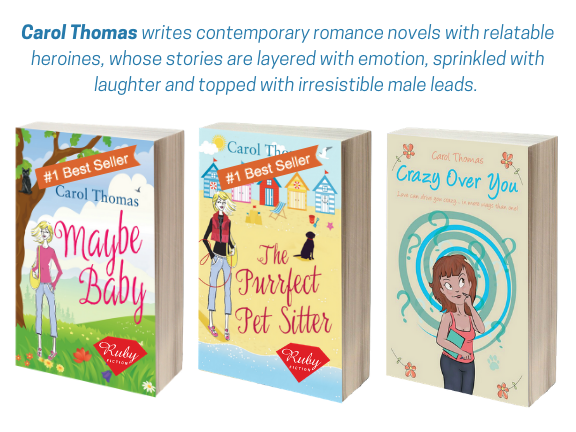It is always a pleasure to have my lovely writing friend Angela Petch as a guest on my blog, so I couldn’t resist inviting her along to talk about the setting of her latest novel, The Girl Who Escaped. Over to you, Angela …
All my novels, bar one, are set in Italy. I love this beautiful country and am fortunate to live in eastern Tuscany for six months each summer. The setting is very important in all my stories and the way my characters interact with their locations is a way of delving into their personalities and anchoring them to a backdrop. “Everybody has to be somewhere,” said Spike Milligan.
I think it’s better to drop details in little by little rather than describing at length: as if the reader is noticing aspects of the setting from the corner of his or her eye.
My latest book, The Girl who Escaped, is set mainly in Urbino, a compact Renaissance city in Le Marche region. I know it quite well because my Italian mother-in-law is from Urbino and I married in a tiny hamlet just outside the city.
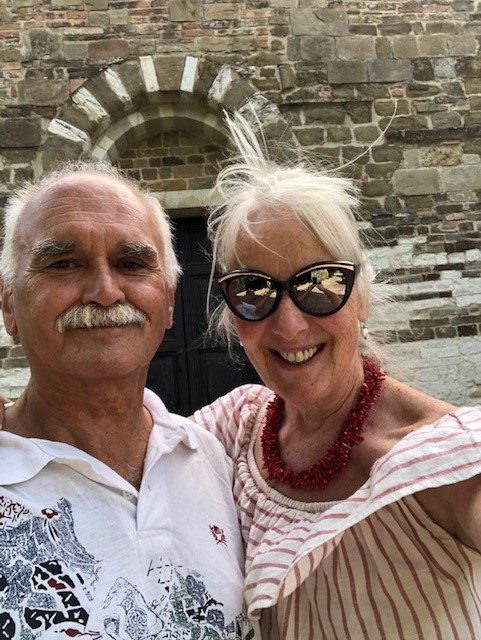 Revisiting the hamlet of Castel Cavallino, where we married.
Revisiting the hamlet of Castel Cavallino, where we married.
Nevertheless, I still felt the need to walk about with my notebook and camera to record details.
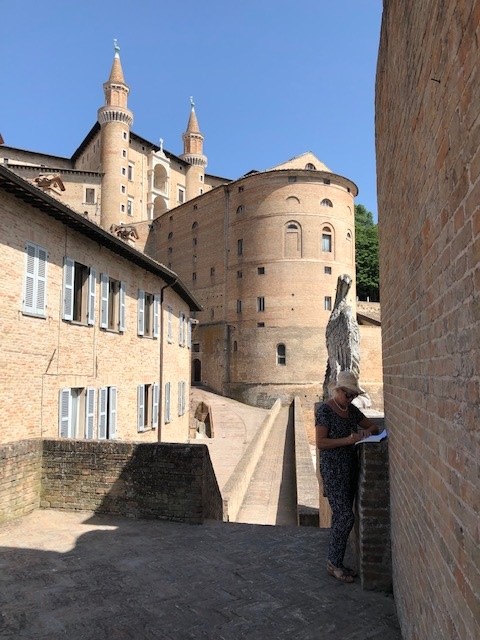 Writing beneath the twin towers of Urbino’s palace.
Writing beneath the twin towers of Urbino’s palace.
The young heroine in my new book is Jewish and about to be sent away from her beloved birthplace to a camp. She has already suffered under Mussolini’s racial laws and denied her university place to study medicine. How to describe the places she will miss?
This is an excerpt from Chapter Six, when Devora is struggling to look after her twin brothers on her own, as her parents have been sent to an internment camp. Their children were born in Italy and so are exempt – at this moment – from being sent away, not being deemed “foreign Jews”.
“She was alone up at the Fortezza, the wind keener than in the city centre, cold air nipping at her cheeks. The clouds over the mountains were heavy with more snow, not unusual in the spring, and she swung her arms back and forth across her chest to warm her body. And then she threw her head back and screamed, howling at the sky like a wild animal, no longer able to contain her anger and frustration. On the rise opposite, the twin towers that had always seemed to her like an illustration from a book of fairy tales now looked menacing: portals to Hell, holding bands of evil, fascist warriors bent on destroying the hopes and dreams of her family: first her father’s livelihood, next her brothers’ schooling, her own medical studies and social life all snatched away simply because they were considered different and undesirable. ‘Idioti, all of you,’ she screamed over and over, her words snatched by the cold breeze.”
While my husband’s grandparents were alive, we stayed with them in Urbino but last year, we rented a small apartment in the old quarter and I spent hours tramping about the city to soak in the atmosphere. We met the caretaker of the synagogue and she invited us back to her home and she shared more information about the war with us, which made its way into the book.
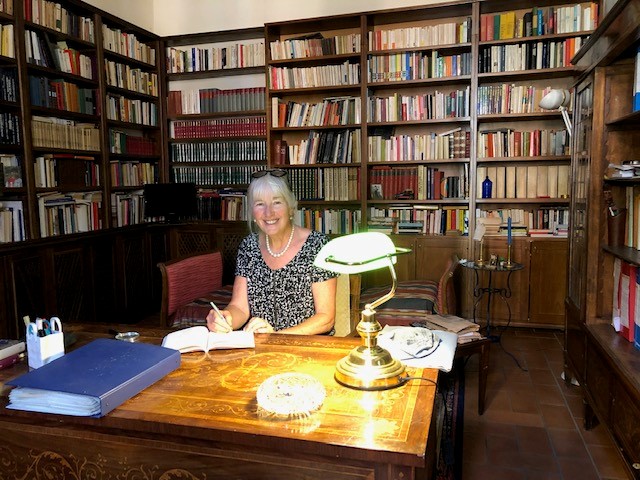 Me in her library. She is also a writer and was full of useful information.
Me in her library. She is also a writer and was full of useful information.
If a writer can manage to visit the places they write about, it helps so much when painting the scenes. Visiting a location can help bring alive the imagination.
About The Girl Who Escaped:
Italy, 1940. The girl sobs and rages as her father tells her the terrible news. “Italy is entering the war alongside Germany. Jews are to be arrested and sent to camps. We have to be ready.”
As fascists march across the cobbled piazzas and past the towered buildings of her beloved home city, twenty-year-old Devora’s worst fears come true. Along with her Jewish parents and twin little brothers they are torn away from everything they love and sent to an internment camp huddled in the mountains. Her father promises this war will not last long…
When they are offered a miraculous chance of escape by her childhood friend Luigi, who risks everything to smuggle vital information into the camp, the family clambers under barbed wire and races for the border. But Devora is forced to make a devastating choice between saving a stranger’s life and joining her parents. As shots fire in the moonless night, the family is separated.
Haunted by the question of whether they are dead or alive, all Devora can do for their future is throw herself into helping Luigi in the Italian resistenza in the fight for liberty. But posing as a maid for a German commander to gather secret intelligence, Devora is sure she sees her friend one night, in a Nazi uniform…
Is Devora in more danger than ever? And will her family ever be reunited – or will the war tear them apart?
An absolutely devastating but ultimately uplifting historical novel about how love and hope can get us through the darkest times. Perfect for fans of The Tattooist of Auschwitz, Rhys Bowen and Soraya M. Lane.
Purchase here.
Thank you so much for the wonderful insight, Angela. The Girl Who Escaped is my current read and I am greatly enjoying it. xxx
Discover more about Angela Petch’s novels: The Tuscan House | The Postcard From Italy | A Tuscan Memory |The Tuscan Girl | The Tuscan Secret |
And, while not based in Italy, don’t forget Angela’s wonderful charity novel, Mavis and Dot. All proceeds from this novel go to vital research into Cancer.
Published by Bookouture, Angela Petch is an award-winning writer of fiction – and the occasional poem.
Every summer, she moves to Tuscany for six months, where she and her husband own a renovated watermill which they let out. When not exploring their unspoilt corner of the Apennines, she disappears to her writing desk at the top of a converted stable. In her Italian handbag or hiking rucksack, she always makes sure to store a notebook and pen to jot down ideas.
The winter months are spent in Sussex, where most of her family live. When Angela’s not helping out with grandchildren, she catches up with writer friends.
Angela’s gripping WWII, Tuscan novels are published by Bookouture. While her novel, Mavis and Dot, was self-published and tells of the frolics and foibles of two best friends who live by the seaside. Angela also writes short stories published in Prima and People’s Friend.
You can discover more about Angela Petch and her writing here: Facebook | Twitter | website | Amazon | Apricot Plots

